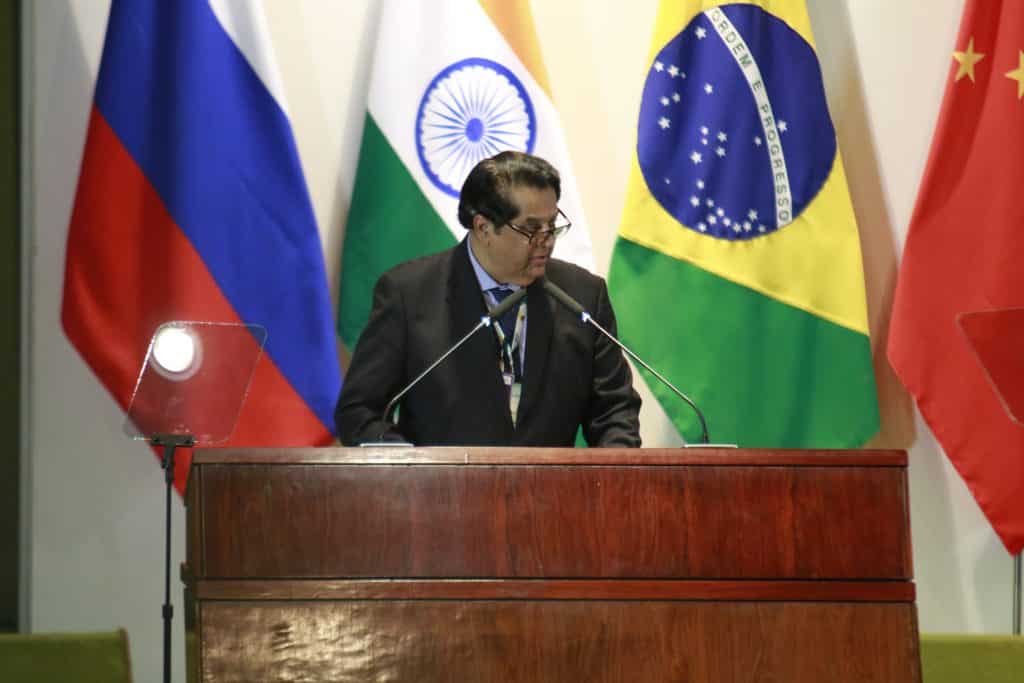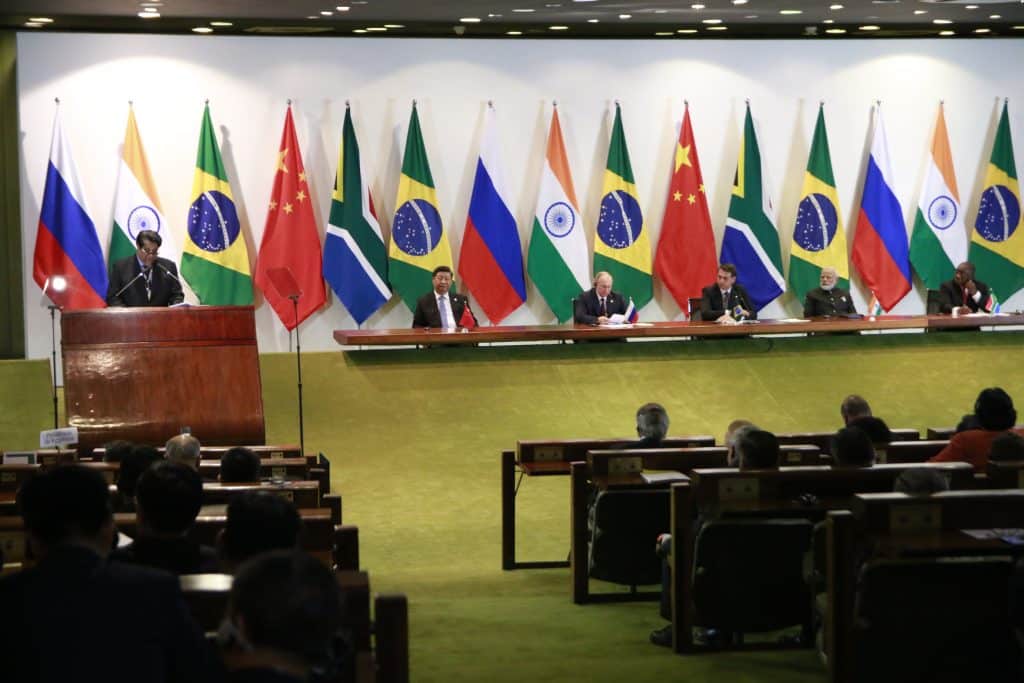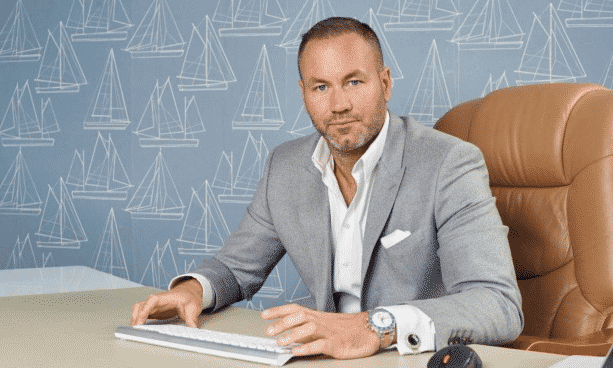- SMEs now hold an estimated £333 billion in cash deposits – a record high
- But SMEs are set to miss out on £3.7 billion in interest this year because their money is languishing in low-paying savings accounts
- This may also be damaging to the UK economy as it relies heavily on the performance of SMEs, says Flagstone
UK small and
medium-sized businesses are holding record levels of cash as uncertainty
surrounding Brexit persists – and it is costing them billions of pounds a year,
new analysis reveals.
In the last 12 months, SME’s cash
reserves have increased by more than 3% to £333 billion – the highest level on
record – according to analysis of UK Finance figures by the Centre for Economic
and Business Research (CEBR) on behalf of Flagstone, the UK’s largest cash
deposit platform.
Much of this
growth has been from deposits into instant-access accounts. Indeed, nearly 58%
of all SME cash reserves are now being held in instant-access accounts,
suggesting that firms want quick access to their money.
However, by doing
this firms are missing out on billions of pounds of interest as these accounts
typically pay the lowest interest rates.
With SMEs
currently holding £191 billion in instant-access accounts and receiving an
average rate of 0.41 % [1], they are on track to
earn £566 million in interest in the coming year, CEBR’s analysis found.
However, if they were to switch to a market leading instant-access rate of
1.40% [2], they would earn £2.7 billion in total in the
next year – £2.1 billion more than they are currently expected to earn.
Further, UK
SMEs currently hold £141 billion in fixed-rate deposit accounts earning on
average 0.86%, meaning they are expected to earn £1.2 billion in the next 12
months. But if SMEs instead switched to the market-leading 1.95% one-year fixed
rate, they would collectively earn £2.8 billion in interest in the coming 12
months – £1.6 billion more than they would have otherwise.
It means, in
total, firms are expected to miss out on £3.7 billion in interest in the next
year because their money is languishing in low-rate savings accounts.
That extra £3.7 billion would be
enough to fund for a year the salaries of more than 123,360 additional workers
on the UK average annual salary of £29,588[3].
Separate
research conducted by YouGov on behalf of Flagstone reveals why SMEs are
reluctant to shop around for a better rate for their cash.
Almost four in
ten (39%) of the 500 firms surveyed said the hassle of opening an account is
the greatest barrier stopping them from moving their money followed by 34% of
firms who said the perceived risks of depositing money with a challenger or
non-high street bank was the biggest deterrent.
Andrew Thatcher, Co-Founder and Co-Managing Partner of Flagstone, said: “It’s clear that firms are worried about what effect Brexit will have on their business and are hording cash in case the waters become choppy. However, whilst this may be a sensible move, our study reveals that firms aren’t choosing the best home for their cash. Often, firms are getting sub-optimal rates of interest when they could be getting much higher returns on their cash by shopping around.
“The
research shows that savings apathy doesn’t just affect individual savers,
but also the nation’s businesses too. Each year SMEs are missing out on
billions of pounds of interest because they’re failing to shop around for a
better deposit rate for their cash reserves. Firms that forego this extra cash
could be missing out on the chance to grow their business by hiring extra staff
or investing in productivity improvements.”
“The
solution a platform like Flagstone provides is that it not only consistently
keeps business owners and financial directors in the path of the best rates,
but it also removes the barriers to switching, providing a simple way to
increase income and reduce risk. If you are an SME or charity with excess cash
at bank it makes no sense not to at least consider a service such as Flagstone
and choose from one of hundreds of deposit products at the touch of a button to
earn more money.”
[1] All figures on current SME cash holdings and average interest rates are Bank of England data, analysed by the Cebr
[2] Correct as at 4 November 2019
[3] Employee earnings in the UK: 2018, released by ONS on 25 October 2018. Annual figure calculated by multiplying median full-time gross weekly earnings (£569) by 52
Flagstone
Flagstone is an FCA authorised and
regulated fintech company (FCA reference numbers 676754 and 605504) located in
London and founded in 2013. Flagstone’s online cash deposit platform enables
companies, charities and individuals to earn more interest and reduce risk
through diversification. Completion of a single application gives the client
access to over 550 deposit accounts from 38 different banks and enables them to
research and open accounts in just a matter of keystrokes. The platform puts
clients in control of their cash, giving them access to market-leading and
exclusive rates from a growing panel of UK banks, consolidated reporting and
regular new rate alerts to ensure that their cash is working as hard as
possible for them 24/7. For more information, see www.flagstoneim.com or watch a short film explaining
what we do and how it benefits clients by clicking here.
All of the UK banks on the Flagstone platform are authorised by
the Prudential Regulation Authority (PRA) and regulated by the Financial
Conduct Authority (FCA) and the PRA. Deposits placed with any of these
banks via the Flagstone platform are afforded exactly the same Financial
Services Compensation Scheme protection (i.e. £85,000 per individual depositor
per authorised institution) as if the client placed the deposit directly with
the bank.


